In the past, Hai Phong focused on developing port and industrial services and achieved important developments. However, in recent years, along with the rapidly increasing demand for tourism and strategic orientation in shifting the city's economic structure, the tourism industry is receiving attention and strong direction to develop into a spearhead economic sector. Accordingly, Hai Phong organizes the construction of a plan to form rural areas that can exploit tourism services; develop economic establishments providing tourism services in rural areas, create jobs, stable livelihoods, and increase income for farming households through tourism activities.
At the same time, promote the economic restructuring of rural areas towards trade and services while still preserving traditional production industries, maintaining valuable local products, accumulating land and skilled agricultural labor force, managing the quality of agricultural products, attracting investment capital into the field of agricultural tourism. Strengthen the linkage between tourism and agriculture, form a chain of tourism services with high added value, effectively exploit tourism resources, promote the advantages of rural areas, and meet the requirements of sustainable development.
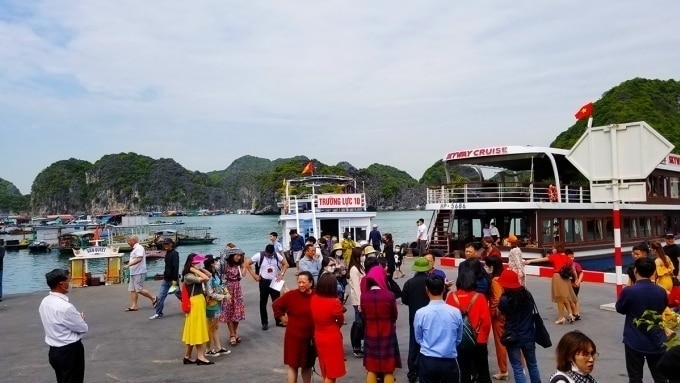
Hai Phong has many favorable conditions for tourism development (Photo: Internet)
Specifically, by 2025, strive to form and develop a system of typical rural tourism destinations, including products: cultural experiences, festivals, craft villages; agricultural ecology; school education; rural resorts, health care; development of agricultural goods for tourism consumption: gifts, souvenirs, decorations; cosmetics, pharmaceuticals; cuisine. Strive to have at least 01 recognized rural tourism destination associated with the advantages of agriculture, culture, craft villages or ecological environment of the locality. 50% of rural tourism service businesses are recognized as meeting standards for serving tourists. Promote the development of rural tourism associated with the digital transformation process; at least 50% of recognized rural tourism destinations are digitized and connected on the tourism promotion and advertising website using digital technology.
Strive for 100% of rural tourist destinations to be introduced and promoted; 50% of rural tourist destinations to apply electronic transactions in tourism activities. Strive for each new rural district with tourism potential to build at least 01 model of a specific rural agricultural tourism chain. At least 70% of rural tourism establishment owners are trained in tourism management; 80% of rural tourism workers are trained and improved in their professional skills and tourist service skills, of which at least 50% are female workers; each tourist destination has at least 01 employee proficient in a foreign language; locations and models participating in the Project implementation have an annual growth rate of 15% or more in terms of visitor arrivals and tourism revenue.
Strive to develop and replicate the system, models and standard rural tourism destinations in suburban districts by 2030. The city has at least 03 districts with about 20 concentrated, unique and different rural tourism destinations that are competitive and attract tourists. The locations and models participating in the Project implementation will achieve an annual growth of 20% or more in the number of visitors and tourism revenue. 100% of the tourism workforce in the locations and models participating in the Project implementation will be trained and coached in professional skills and tourist service skills; 20% will be trained in foreign languages to serve international visitors.
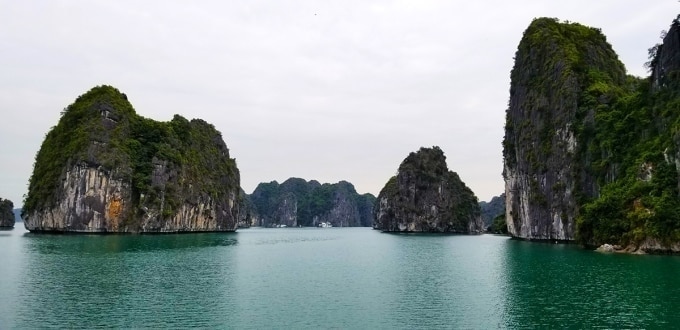
Lan Ha Bay, Cat Ba. Photo: Giang Chinh
Hai Phong also offers specific solutions such as space for organizing agricultural and rural tourism activities: These are specific spatial units belonging to rural territorial organizations such as farms, fields, orchards, planted forests, ponds; traditional craft villages (ceramics, folk paintings, wooden furniture, rattan and bamboo weaving, silk weaving); villages with unique traditional cultural values, traditional festivals and typical cuisine; large enough agricultural land area with a long history, associated with typical climate and soil environmental factors; tourism exploitation areas need to ensure landscape and environmental factors, traffic systems, electricity, water supply and drainage, etc.
Experiential activities of agricultural and rural tourism provided to tourists: Including many different activities such as outdoor recreational activities such as fishing, learning about local life, rice planting, learning experiences, visiting factories, workshops producing local specialties, cooking classes, transplanting research, crop and livestock production... relaxing activities, festivals, media performances); experiencing local life (homestay, programs guided by local people, wearing traditional costumes, enjoying local cuisine; buying local products and specialties at tourist attractions...
Bringing the role of travel agencies as a bridge to bring tourists to the space for organizing rural tourism activities, orienting product design to suit the needs of tourists. Sharing benefits among parties participating in rural tourism activities: In which, economic, cultural, social and environmental benefits must ensure harmony between local people, travel agencies and related parties. Tourism activities have contributed to increasing income for people through providing homestay services, guides, performances, providing services, goods and agricultural products produced locally for on-site consumption.
Destination promotion and communication activities: Building brands for locations and agricultural products associated with production locations will contribute greatly to the development of rural tourism.
Perfecting mechanisms and policies to support investment in rural tourism development, developing facilities and infrastructure for rural tourism. Prioritizing investment in infrastructure and technical facilities for tourism in localities that meet the criteria for new rural planning and conditions for tourism development. Supporting rural tourism areas and sites, focusing on public works to ensure technical infrastructure and services for transportation, electricity, water, internet, signs, toilets, parking lots, product display areas, information centers, etc.
Improve the quality of the tourism accommodation system: standardize the facilities and equipment in the accommodation facilities while ensuring aesthetics to not only serve domestic tourists well but also meet the conditions to serve international tourists. This accommodation system must be built on the basis of scientific planning, harmonious design and architecture, suitable for the local landscape, preserving and promoting the unique value of the rural area.
Developing convenient facilities but not necessarily according to modern criteria, meeting the needs of tourists, but must focus on taking advantage of and exploiting the unique features of the countryside, which are factors to attract tourists. Upgrading and renovating houses, gardens, organizing and recreating festivals are necessary to facilitate and ensure the comfort of welcoming guests, but must preserve the characteristic architecture, peaceful landscape of the countryside and the beauty of culture, customs and traditions, maintaining the unique appeal of the product.
Developing human resources for rural tourism, promoting and raising people's awareness of the role of rural tourism. Promoting and introducing rural tourism products such as strengthening promotion and introducing products, finding markets for rural tourism in many different ways, through newspapers, media, television channels, websites, social networking sites, tourism fairs...
Promote the sale of OCOP products on social networking sites and aim to put them on e-commerce platforms. Especially targeting urban tourists, those who live in modern environments, different from rural life, who want to explore and experience different and new products. Create a network of connections between destinations in building tourism products because of the characteristics of agricultural and rural areas, tourism products of localities are likely to have similarities and overlaps. Strengthen links in tourism business activities between newly developing rural communes with travel agencies to offer rural tourism products to domestic and foreign tourists.
Developing a system of destinations and typical rural tourism products associated with new rural construction, building new and suitable products, promptly meeting the needs of tourists. For example, currently, in urban areas, children and students do not have the conditions to learn about nature and rural life. If designing life skills programs and rural experiences, it will attract the attention of many parents to register their children to participate such as "A day as a farmer", "Where does rice come from?", "Having fun with rice flowers".
Focus on preserving cultural spaces, historical relics, local ecology (rice fields, medicinal herb gardens, traditional farming areas, traditional craft villages, landscape restoration, rural market spaces... which are factors that create attractive and unique features for rural tourism products. Develop a sustainable rural tourism model associated with protecting the ecological environment, preserving local cultural identity. Prioritize the development of rural areas associated with traditional craft villages and local cultural heritages to diversify types of tourism, build a destination, multiple experiences to attract tourists as well as investors.
Applying science and technology, promoting digital transformation in rural tourism development such as building a database on rural tourism to serve management and tourism promotion and advertising materials, enhancing the application of science and technology, selecting clean, environmentally friendly, energy-saving technologies, prioritizing high technology and advanced technology in production to create safe, friendly and accessible rural tourism products for tourists./.
Vuong Thanh Tu


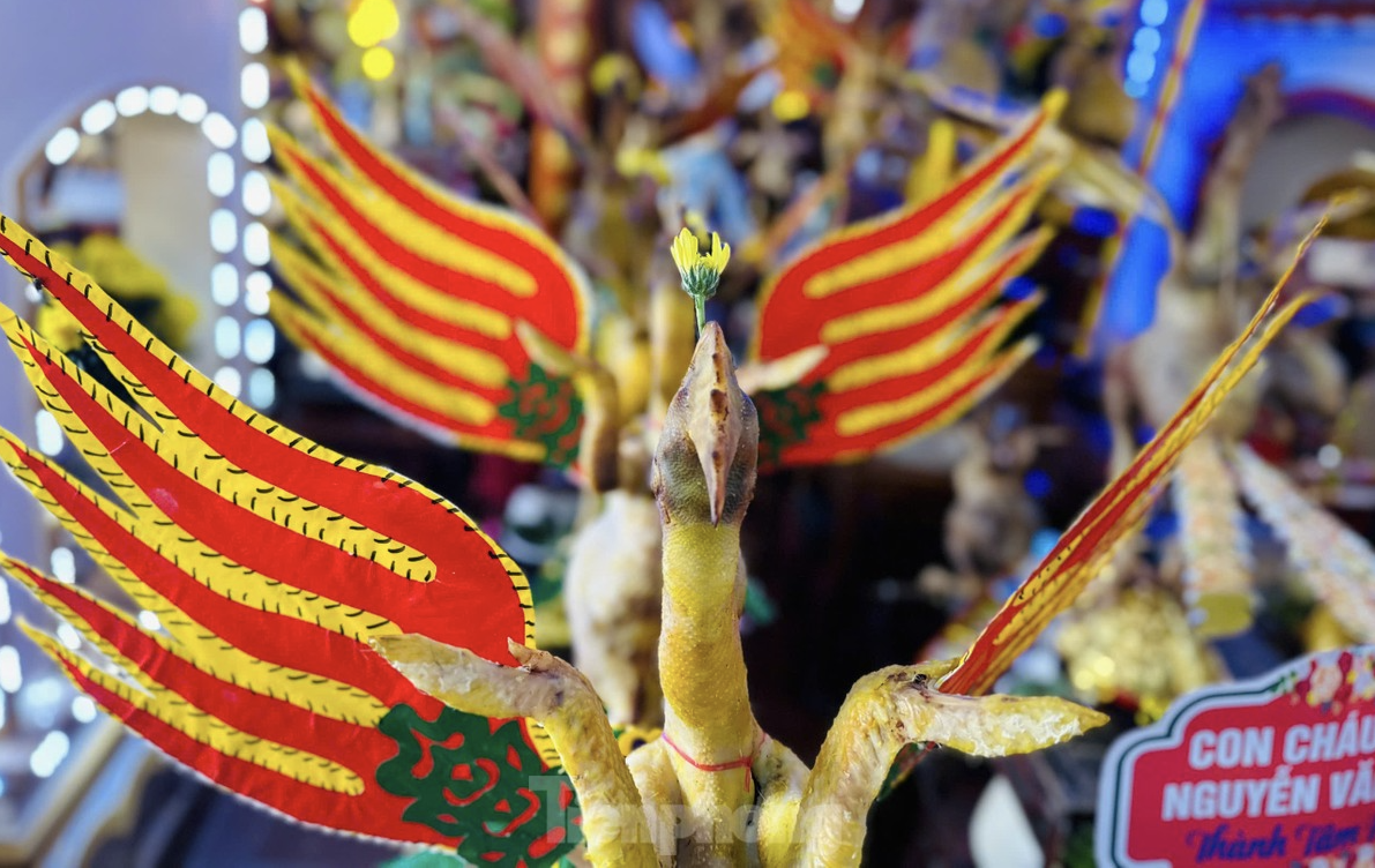
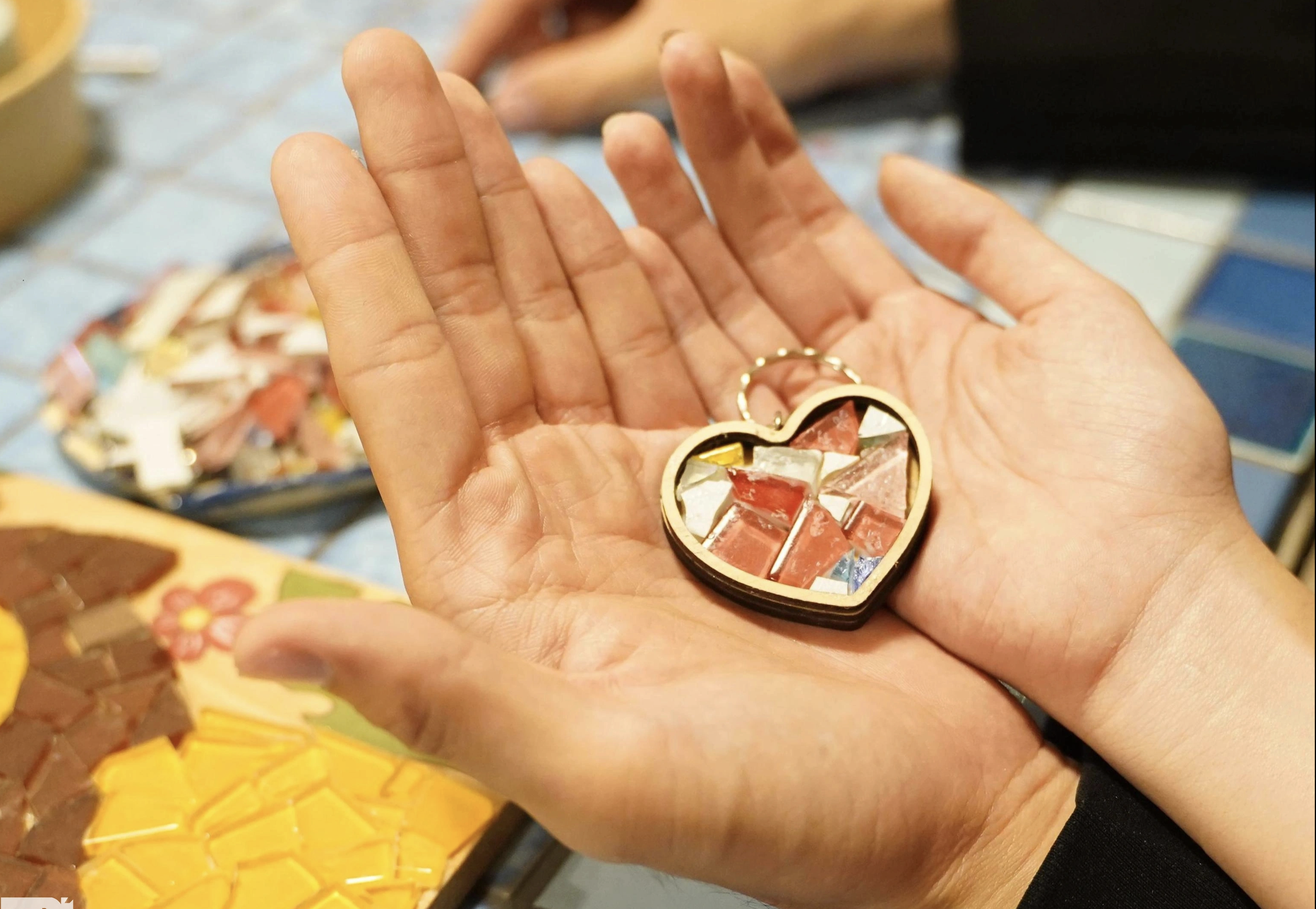


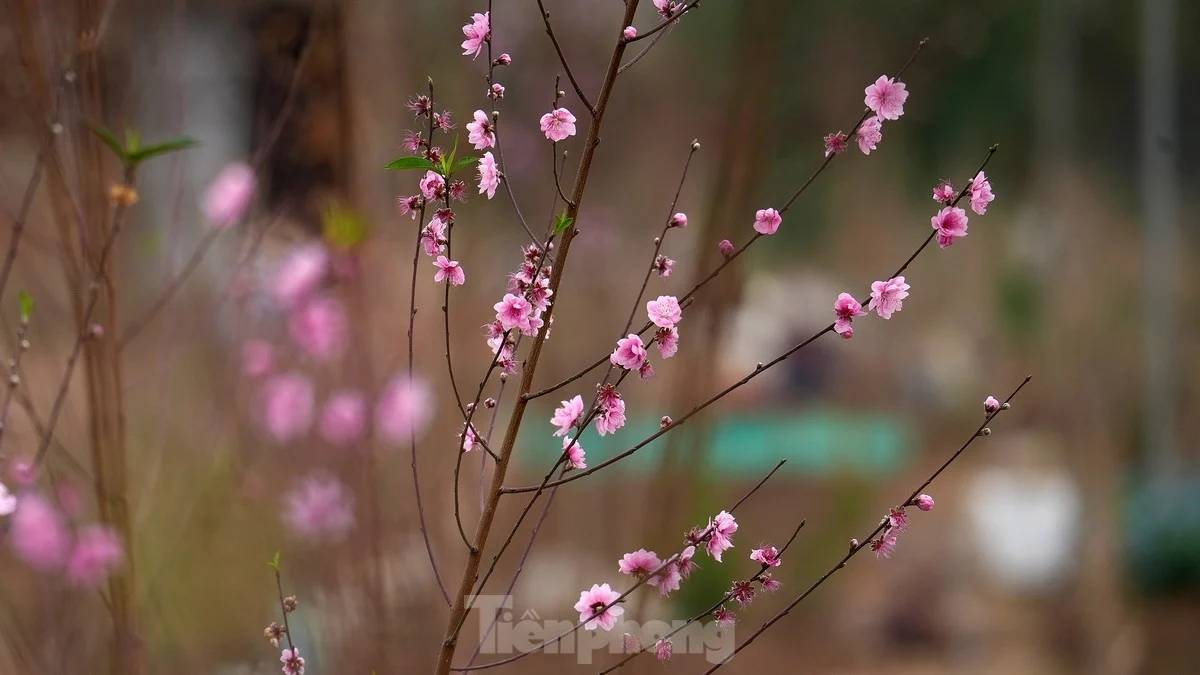























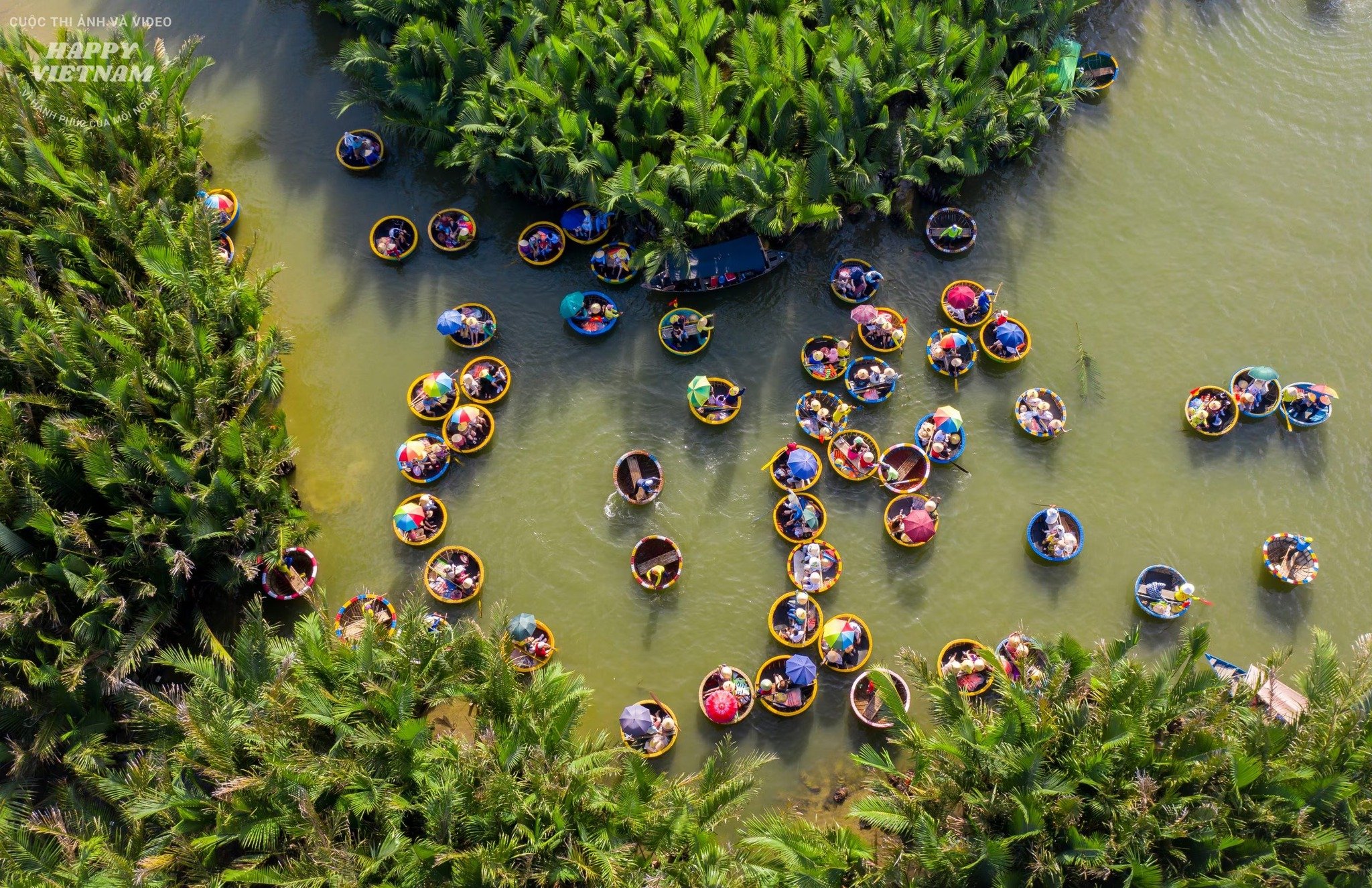

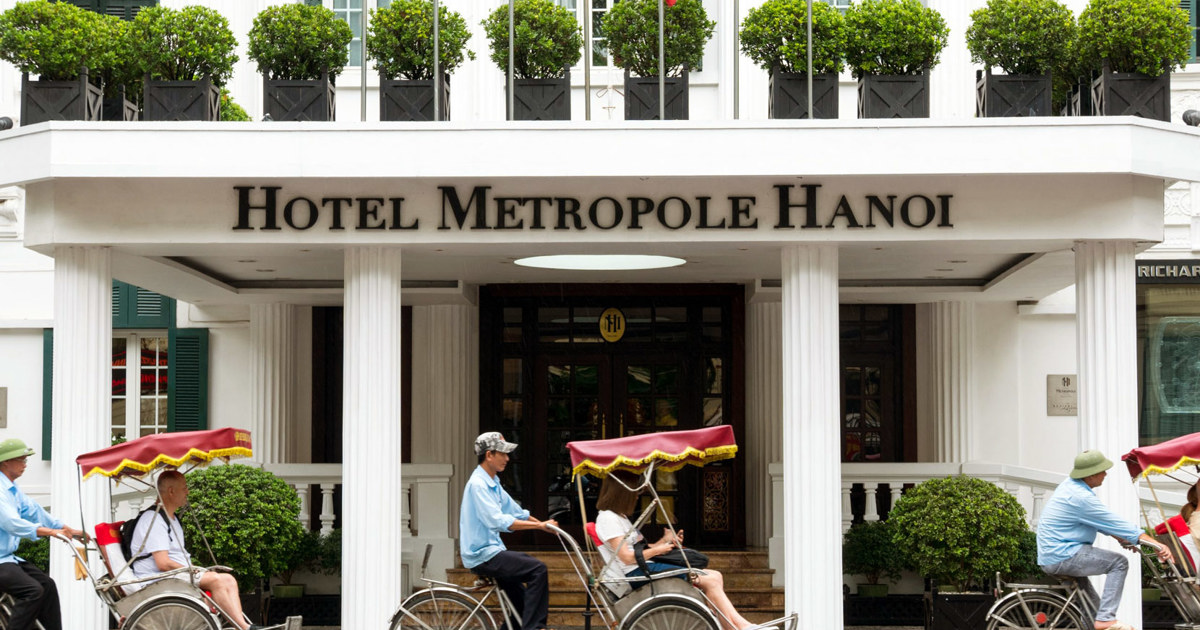

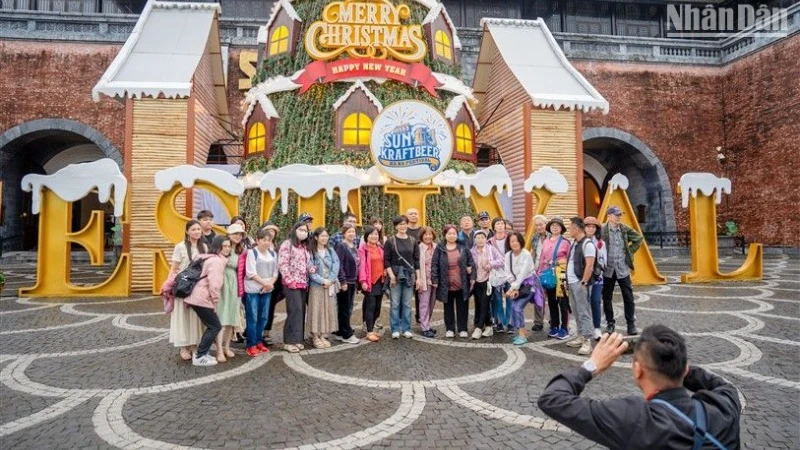

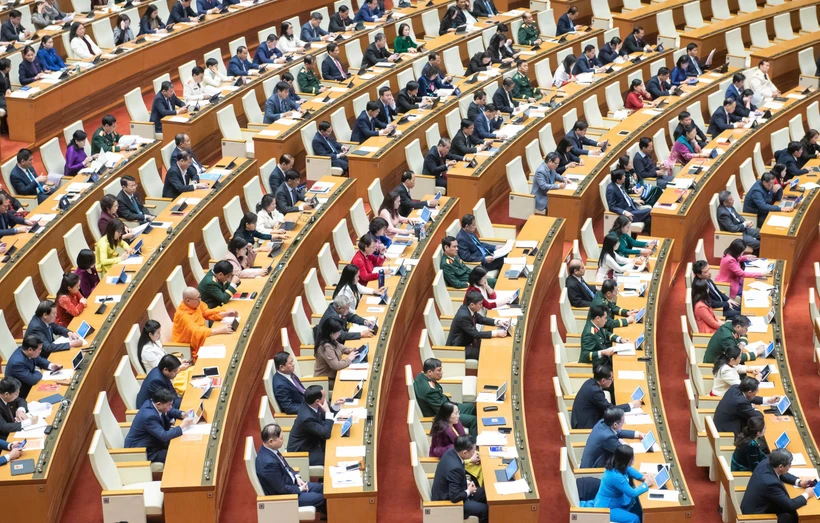

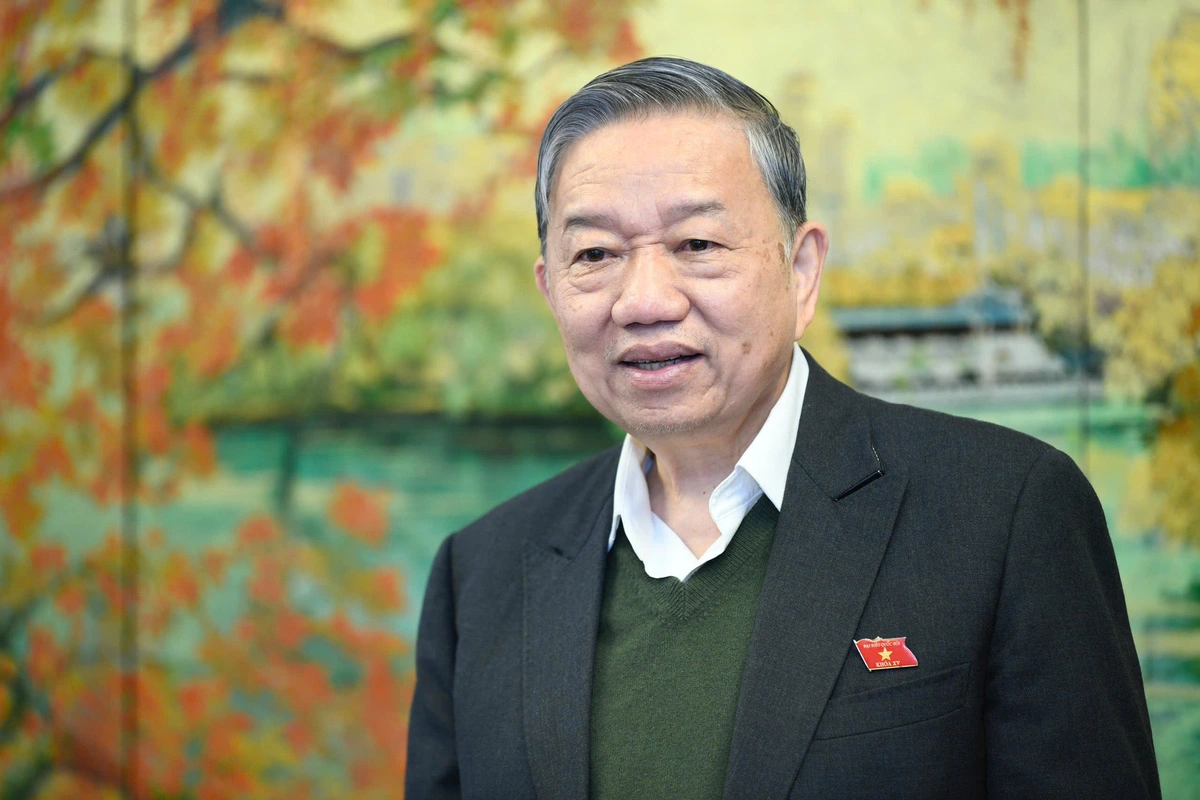

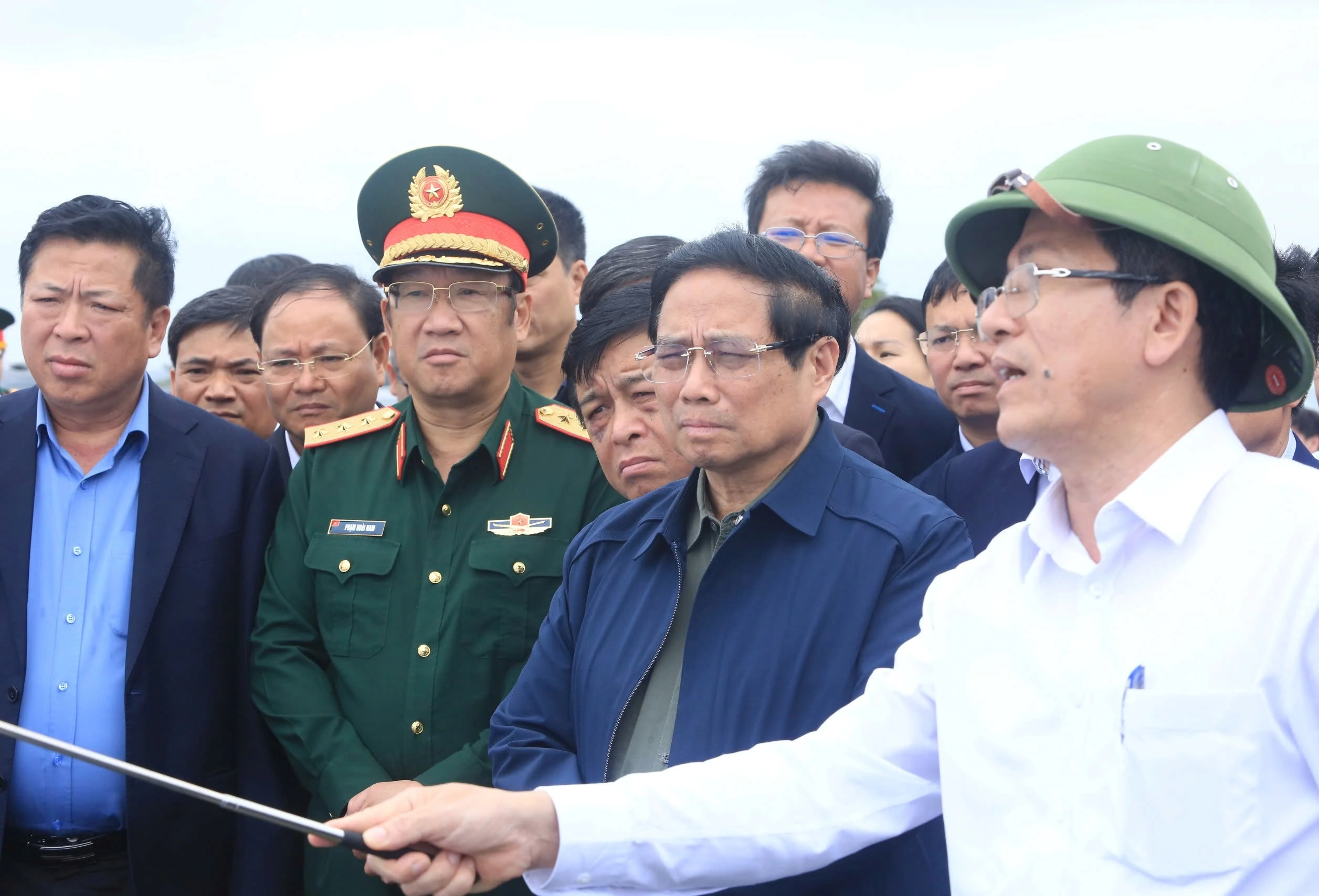
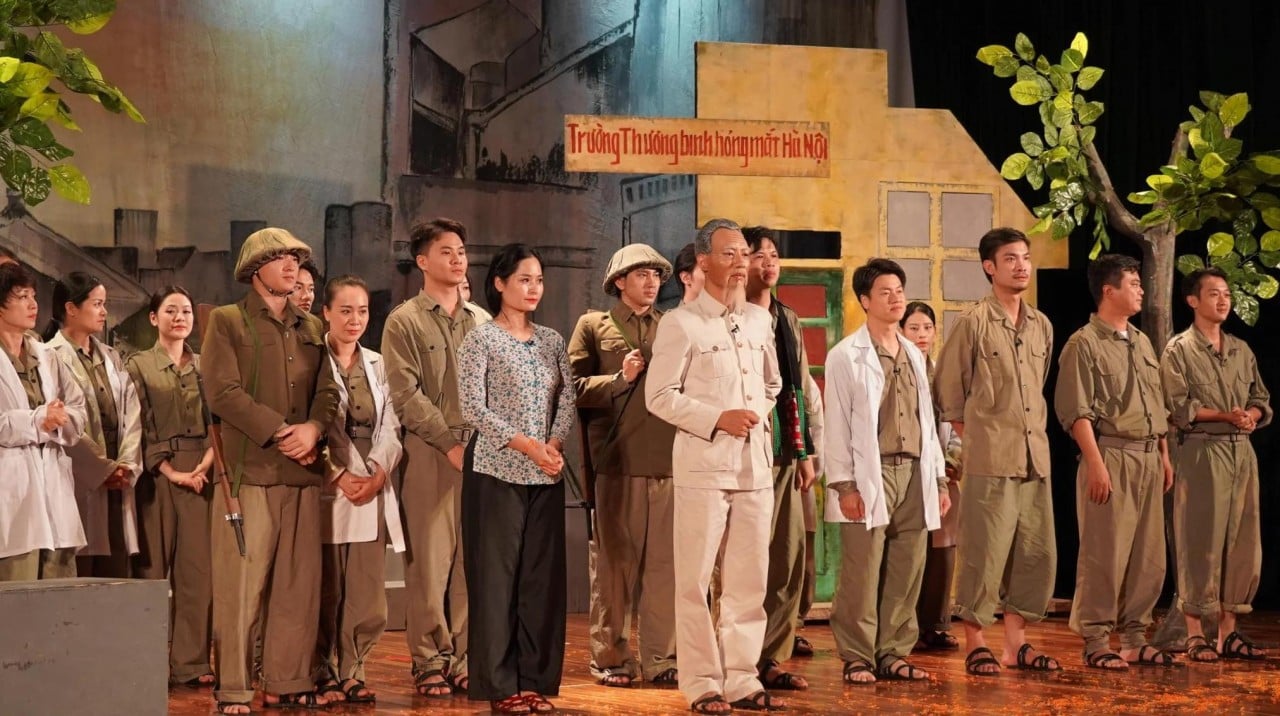
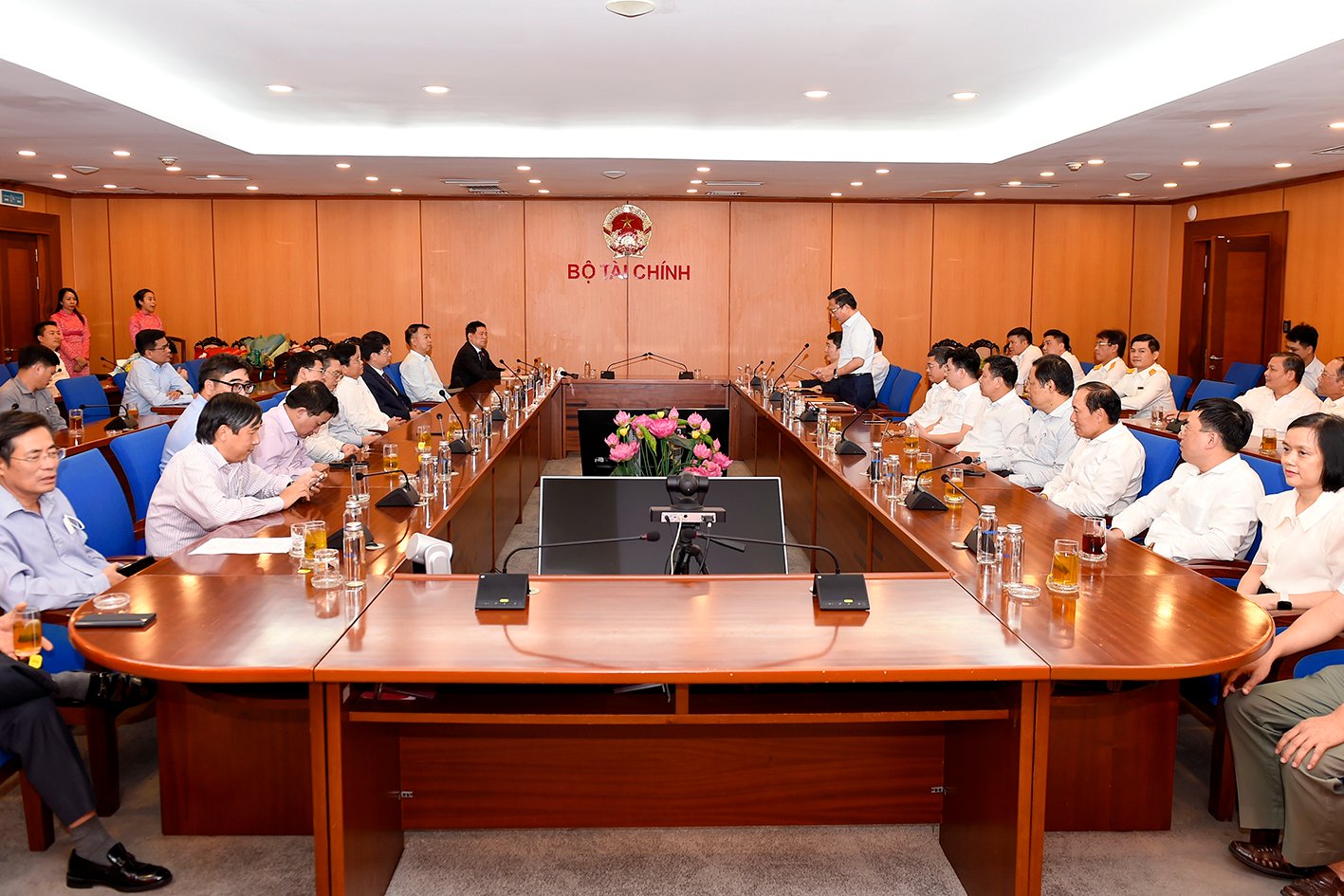
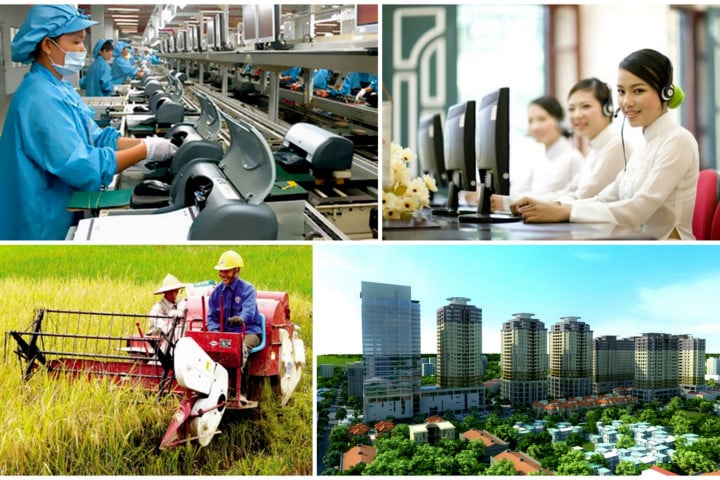

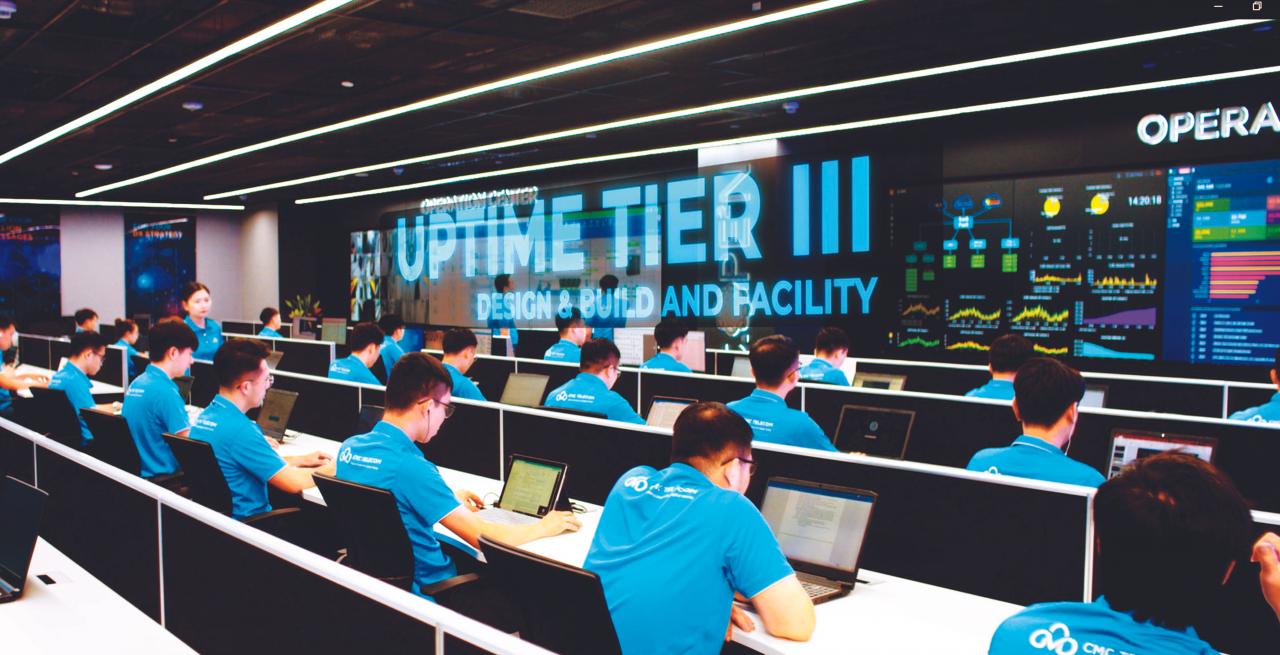
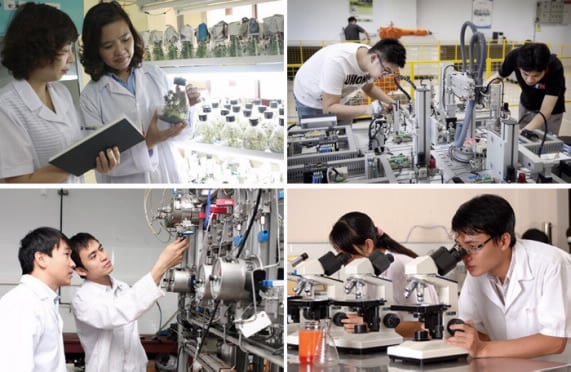
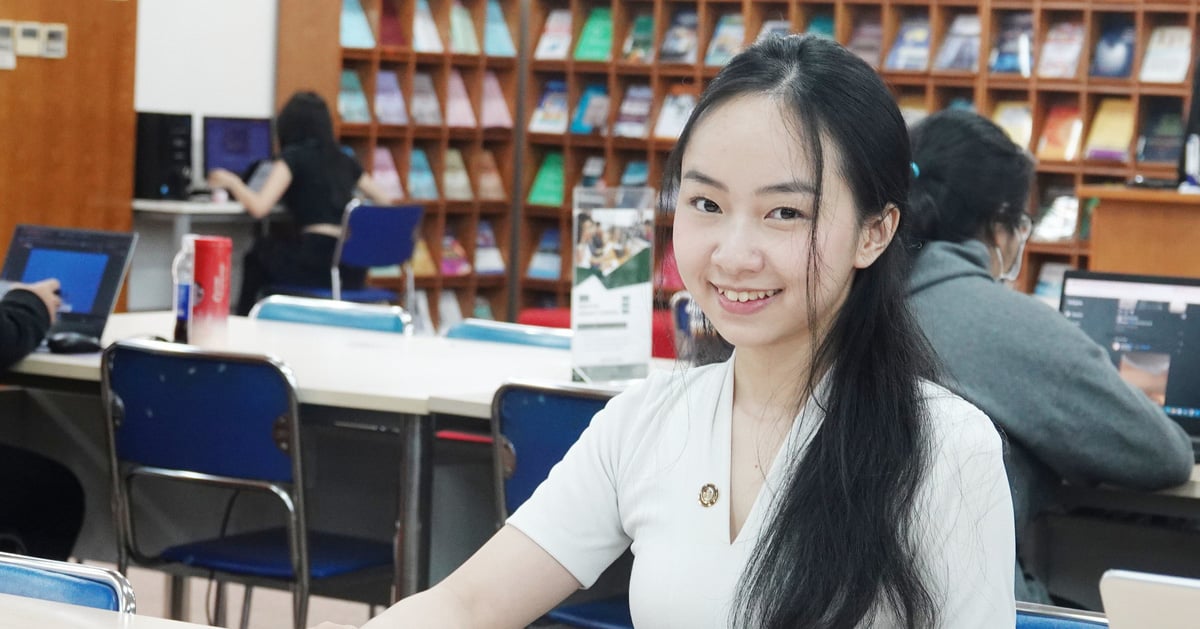


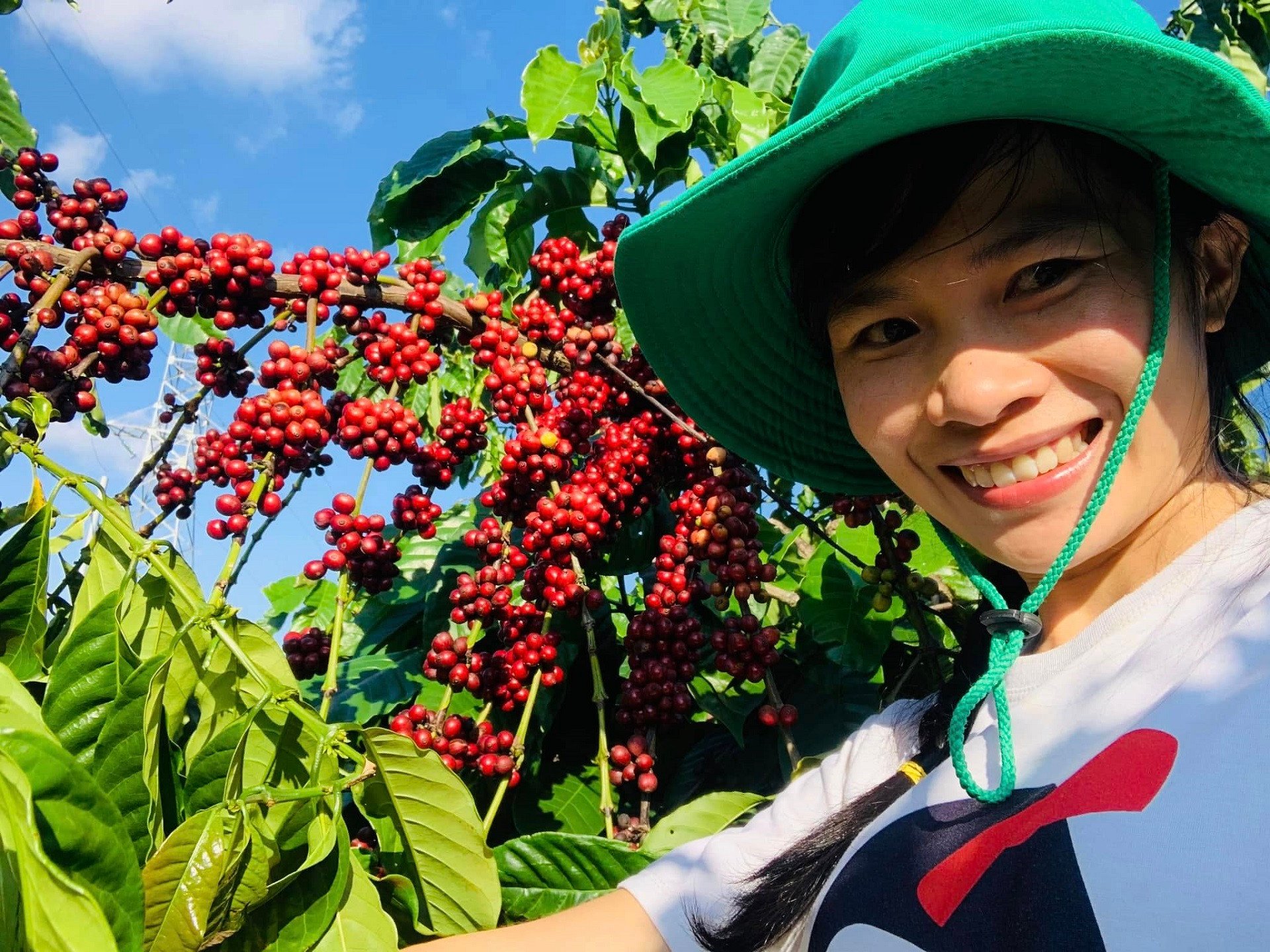
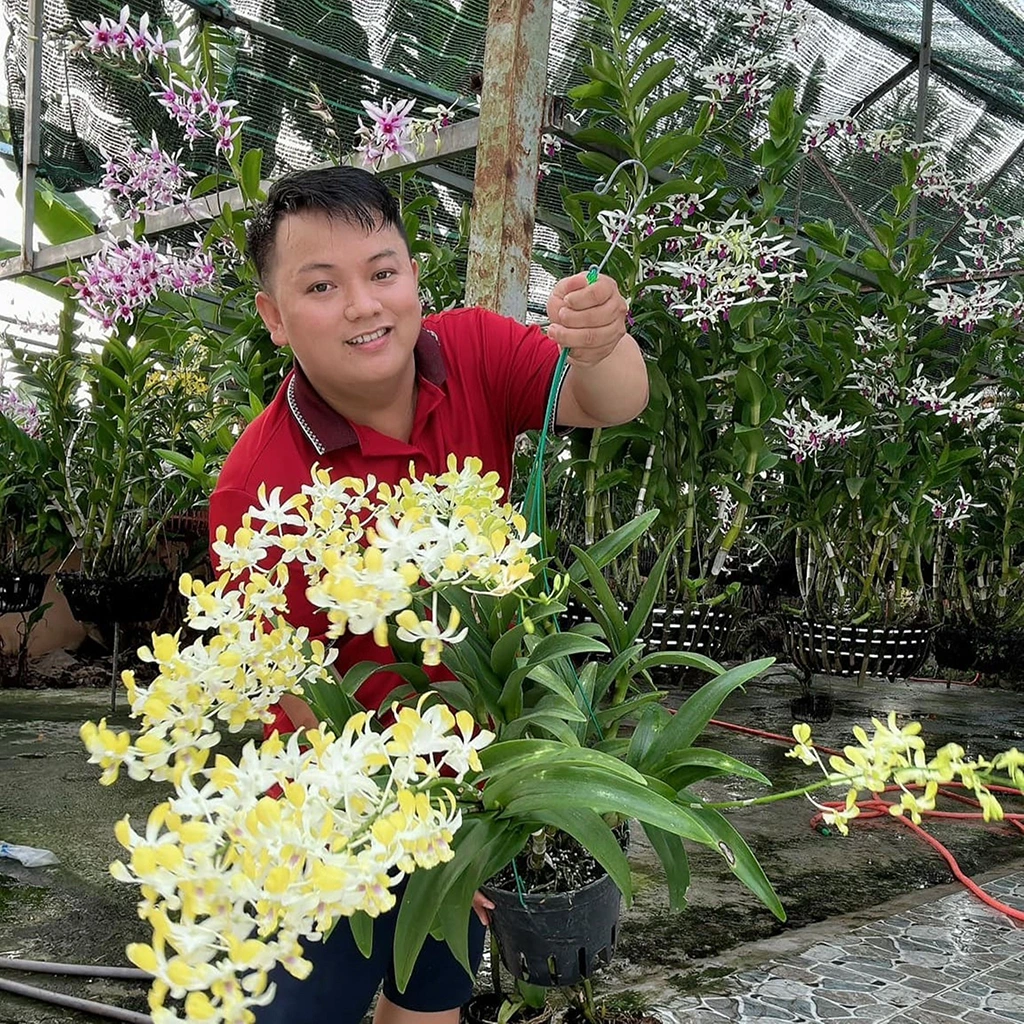








Comment (0)